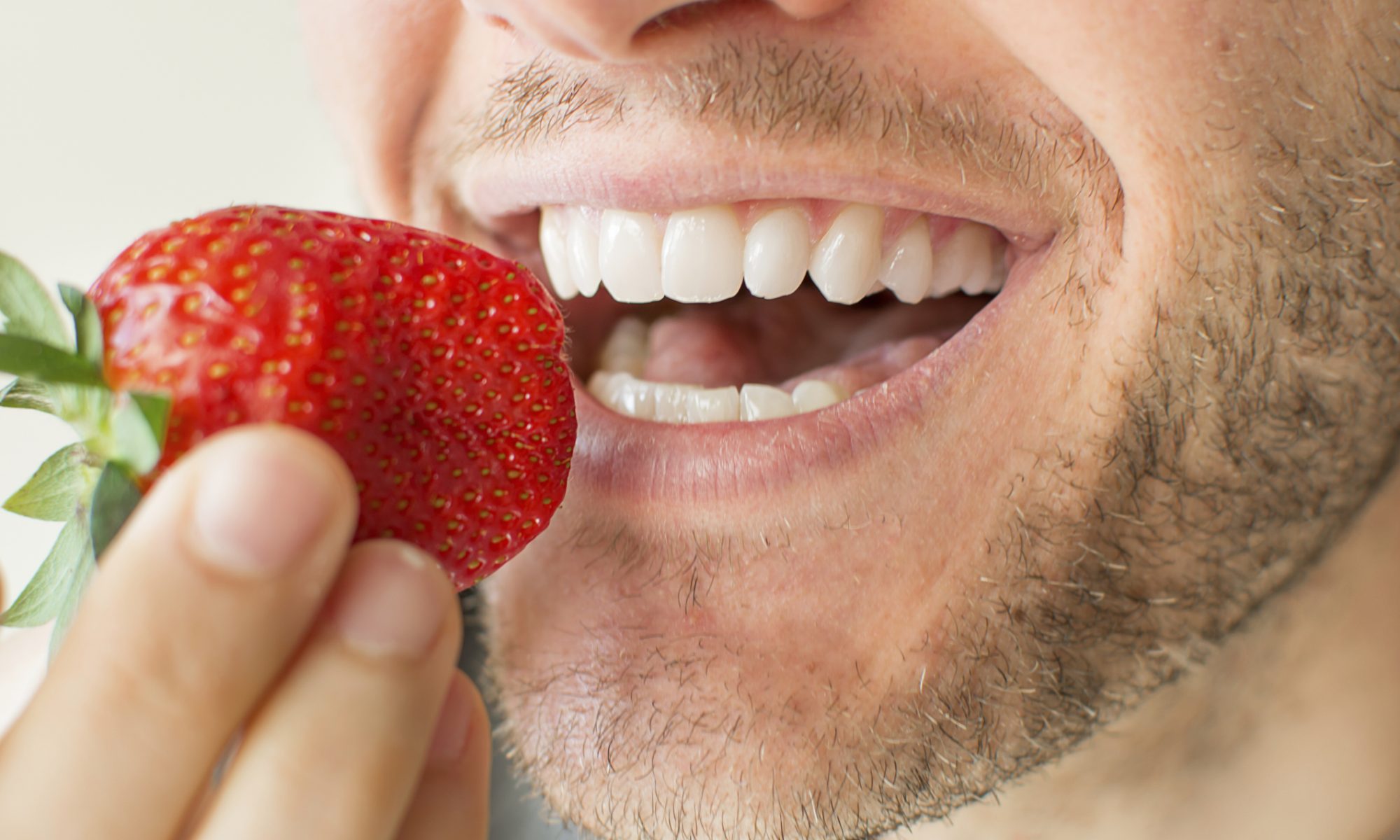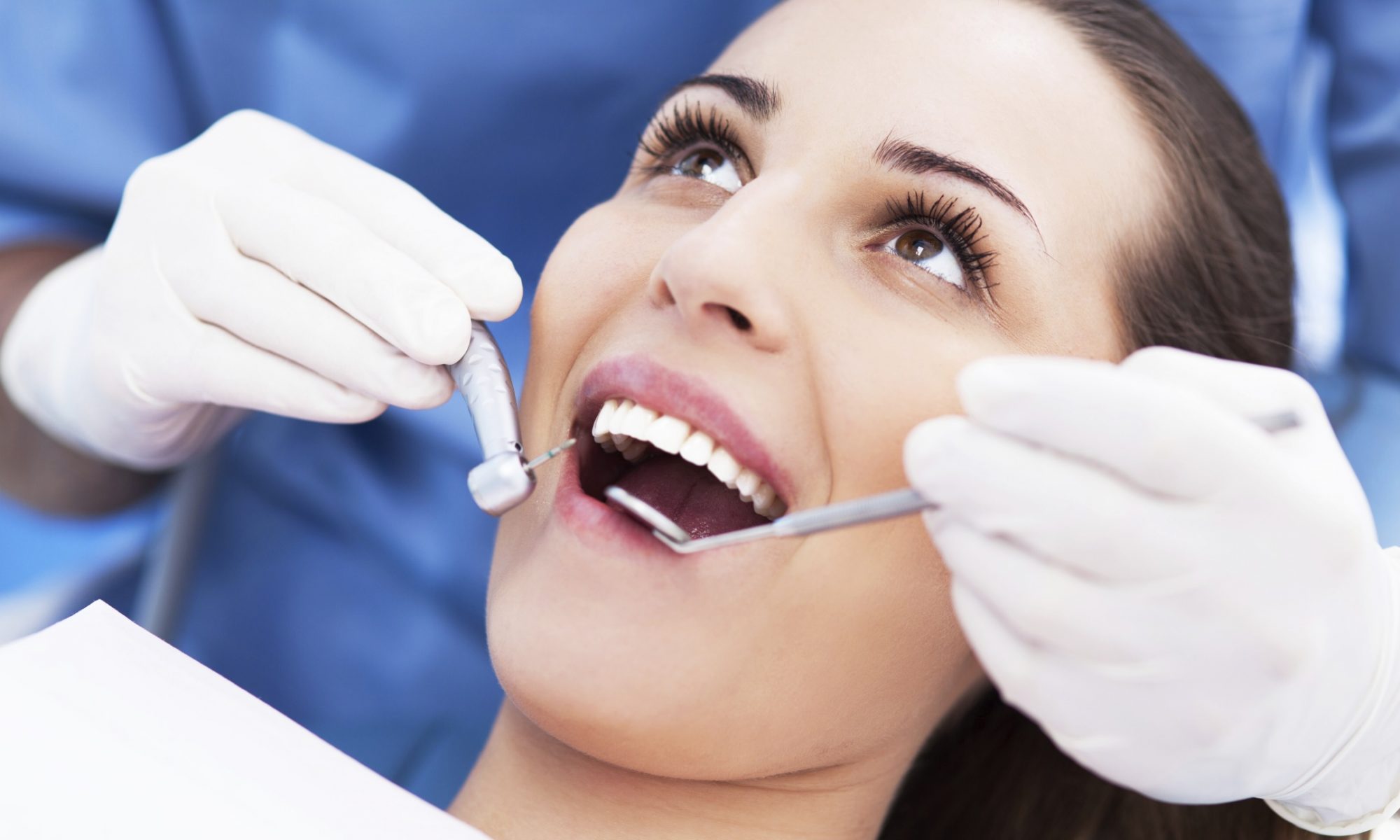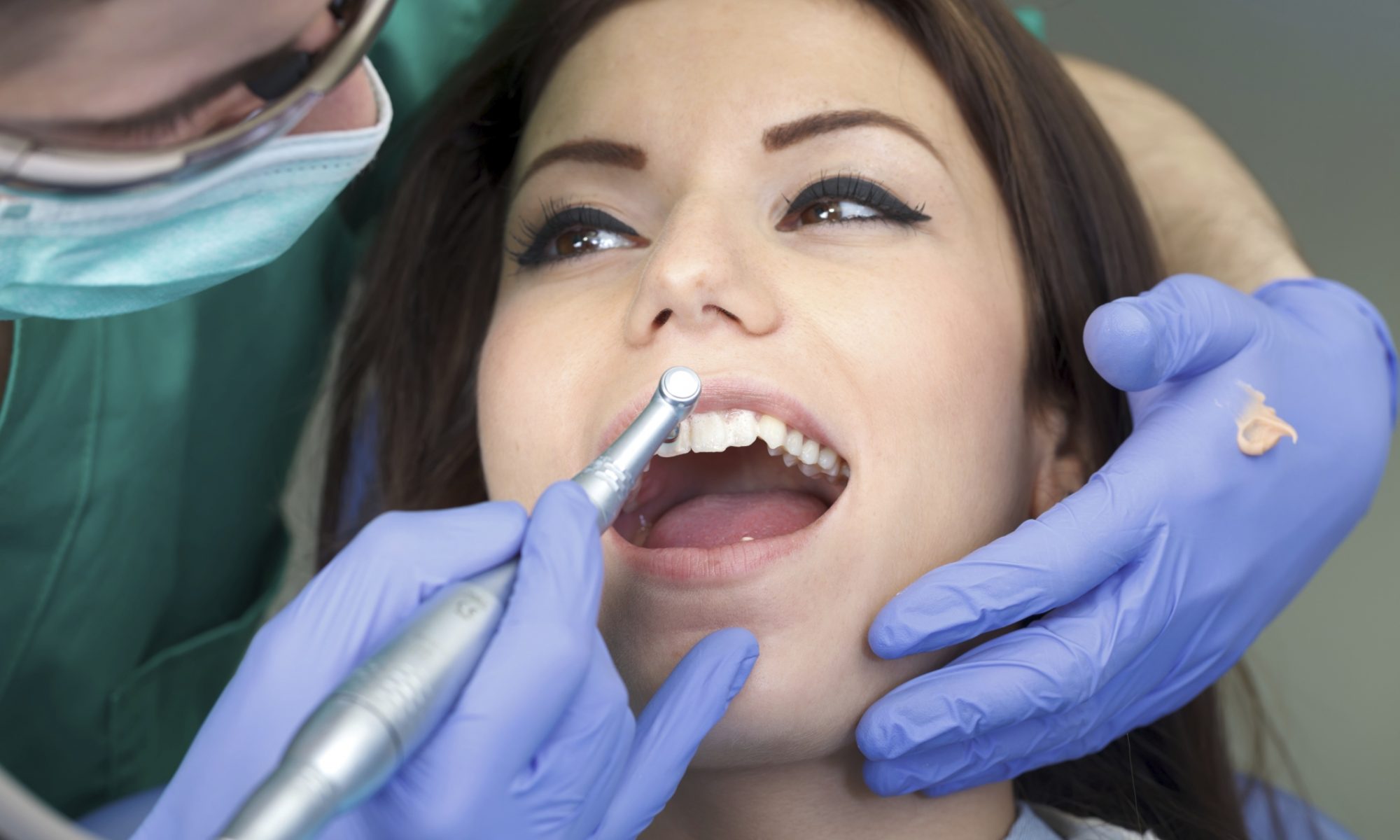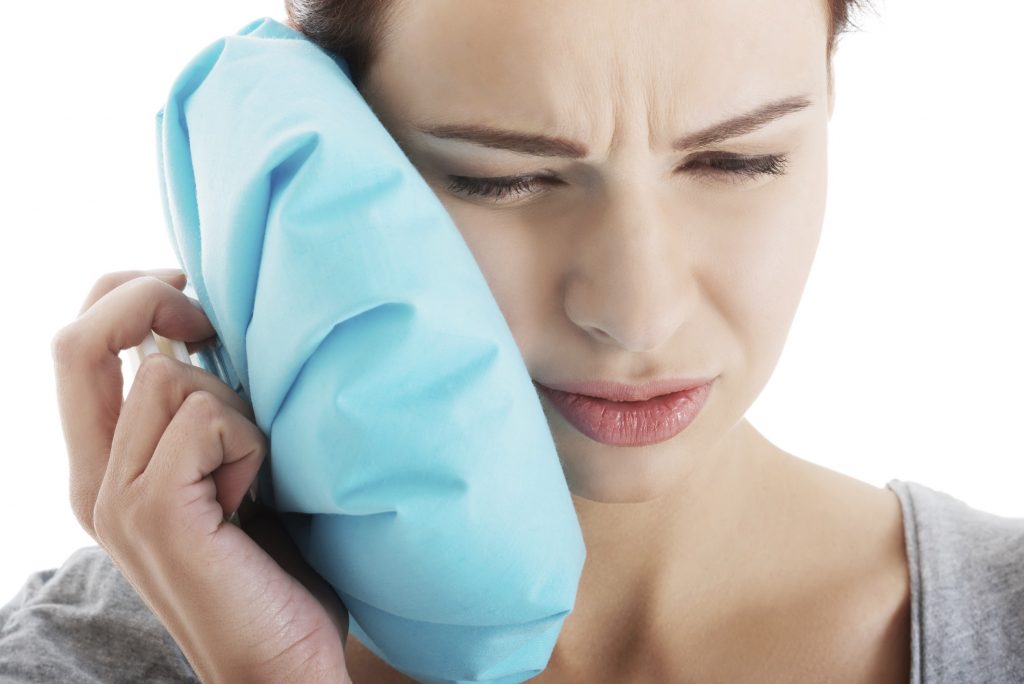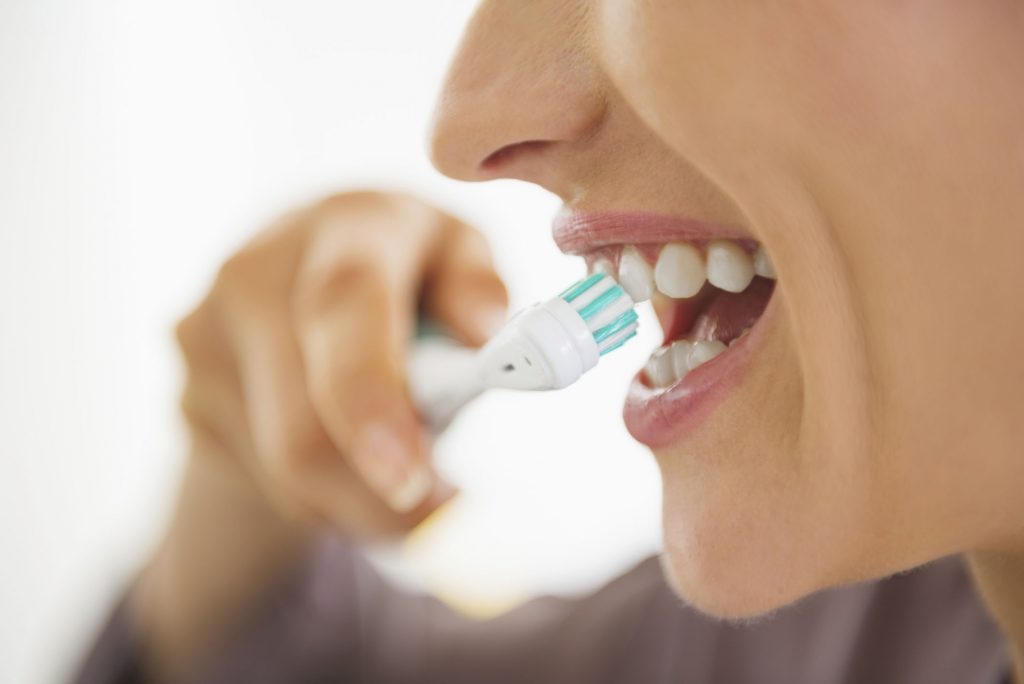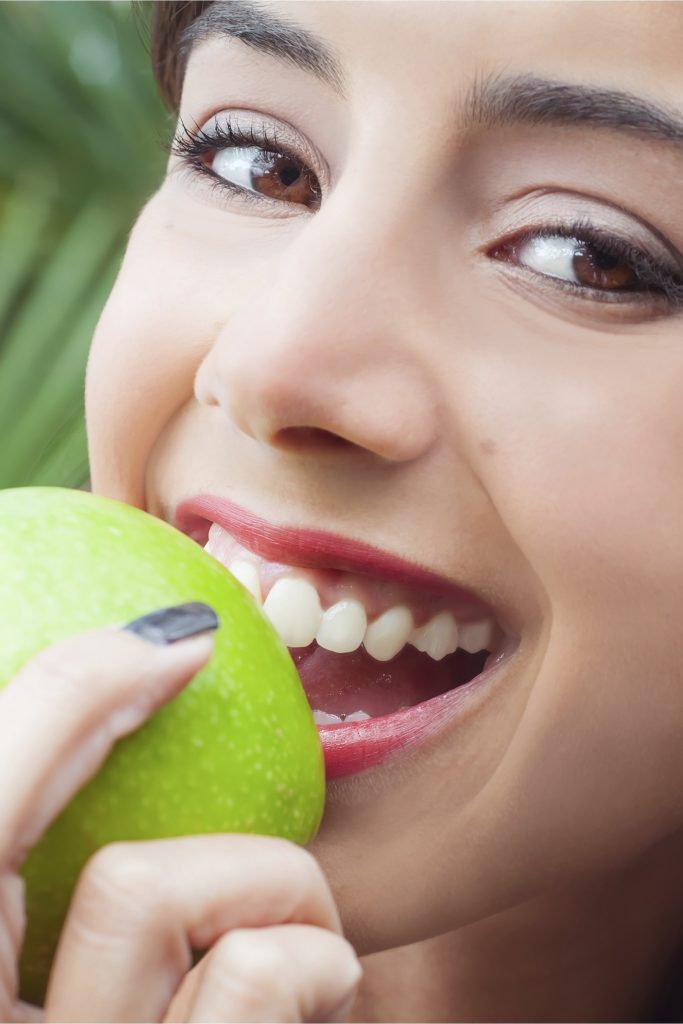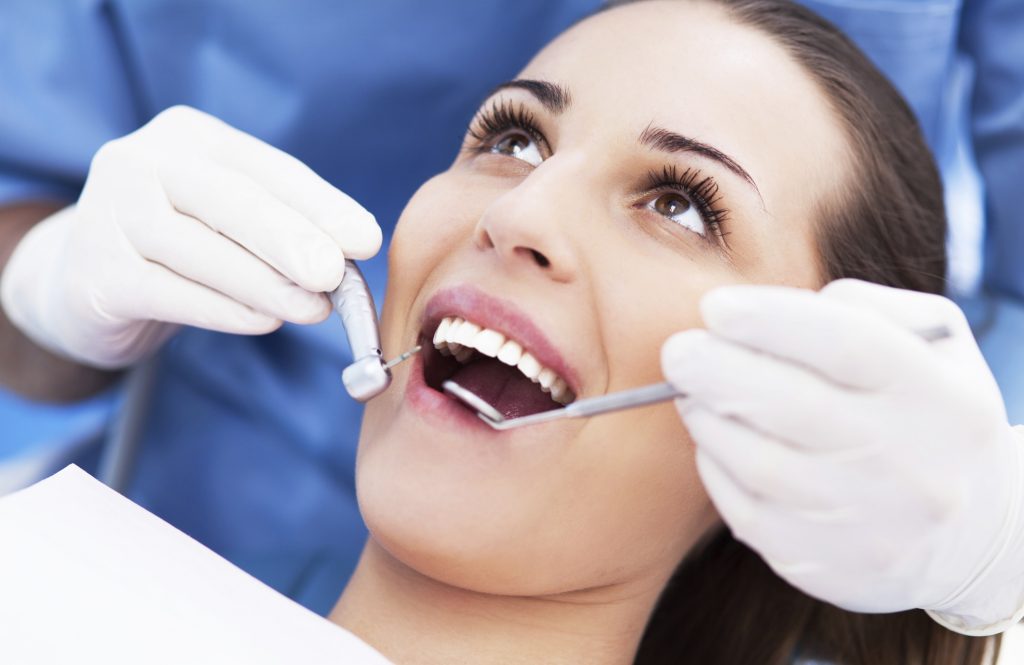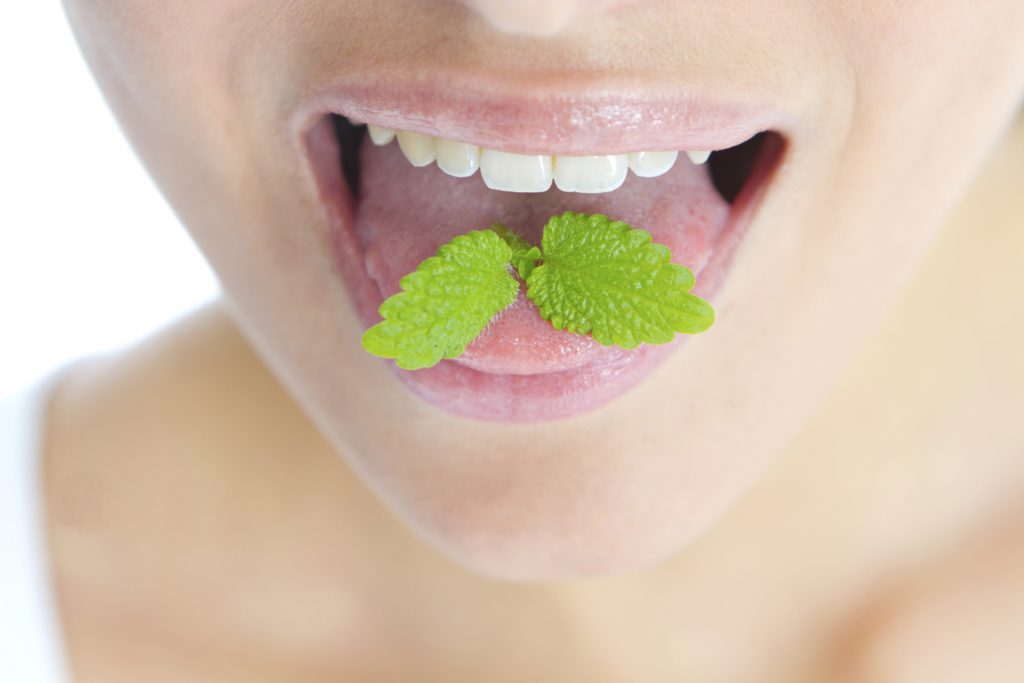Oral herpes, commonly known as cold sores or fever blisters, is a prevalent viral infection caused by the herpes simplex virus (HSV). While it may not be a comfortable topic to discuss, understanding oral herpes is crucial for promoting awareness, reducing stigma, and preventing its spread.
Symptoms
Oral herpes typically manifests as small, painful blisters or sores around the mouth, lips, or gums. These lesions can be accompanied by itching, burning, or tingling sensations. The initial outbreak is often more severe than subsequent ones and may be accompanied by flu-like symptoms, such as fever and swollen glands.
Transmission
HSV-1, the primary cause of oral herpes, is highly contagious and can be transmitted through direct contact with an infected person or their saliva. The virus can also spread through shared items like utensils or towels. While oral herpes is commonly associated with kissing, it can be transmitted through various forms of close personal contact.
Treatment
Although there is no cure for oral herpes, antiviral medications can help manage symptoms and reduce the frequency of outbreaks. Over-the-counter creams and ointments may provide relief, but prescription medications are often more effective in controlling the virus. It’s crucial to consult a healthcare professional for proper diagnosis and treatment.
Prevention
Preventing the transmission of oral herpes involves practicing good hygiene and being mindful of personal contact. Avoiding close contact with individuals experiencing an outbreak, refraining from sharing personal items, and using barrier methods during intimate activities can help reduce the risk of transmission. Furthermore, maintaining a strong immune system through a healthy lifestyle, including a balanced diet and regular exercise, can contribute to preventing outbreaks.
Oral herpes is a common condition that, while incurable, can be effectively managed with proper care and treatment. Education and open communication are essential in reducing the stigma associated with the virus and promoting responsible behavior to prevent its spread. If you suspect you have oral herpes or are concerned about the risk of transmission, seek guidance from a healthcare professional for accurate diagnosis and appropriate management strategies. Remember, awareness and understanding are key to minimizing the impact of oral herpes on individuals and communities alike.
If you have questions or would like to learn more, give us a call or make an appointment today with Dr. Schnall at 212-247-7059 or visit our website at www.philipschnalldmd.com.
Dr. Philip Schnall proudly serves Central Park West and all surrounding areas.
